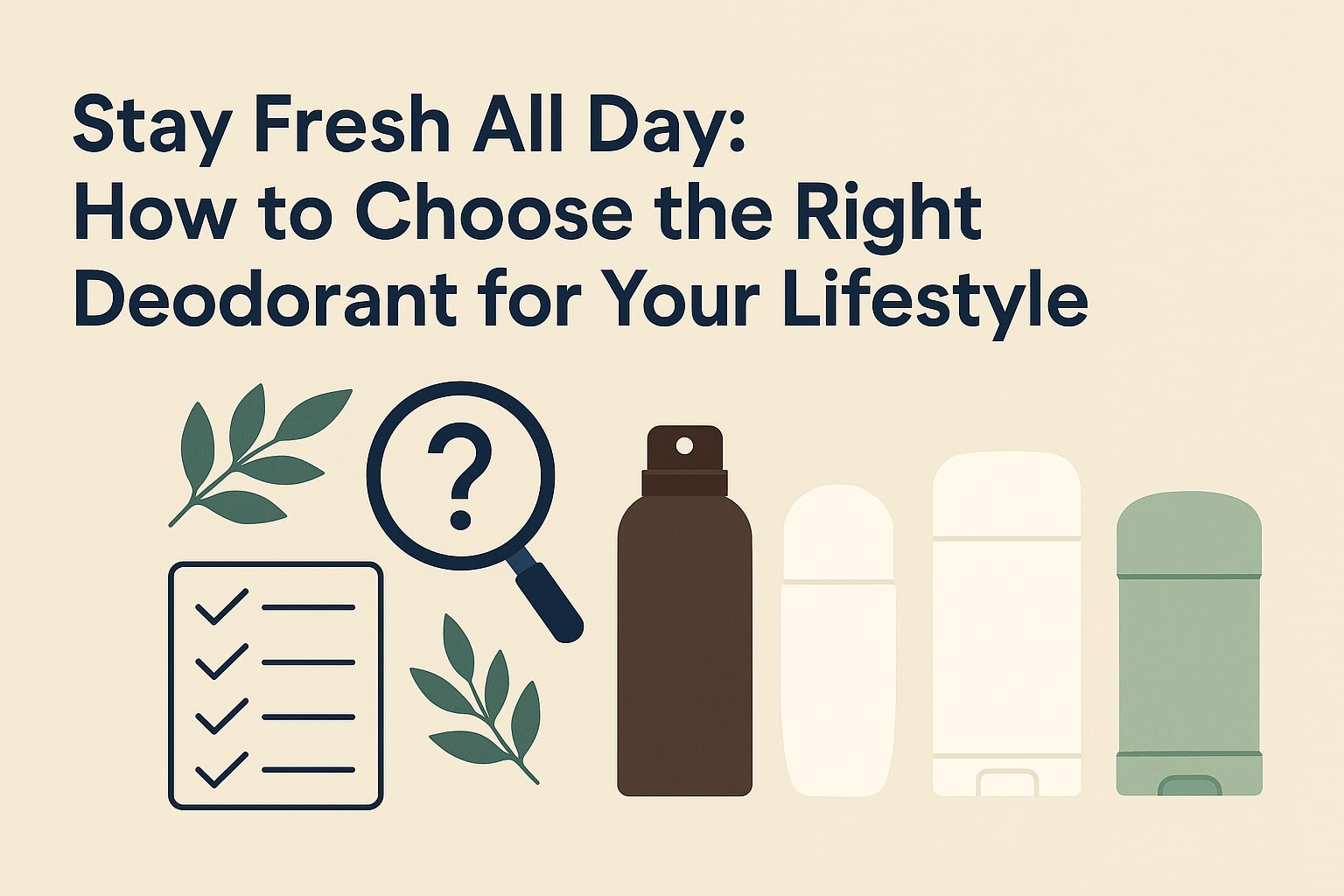This website uses cookies to ensure you get the best experience on our website. Read more
Vitamin C Serum Explained: Benefits, Usage, and How to Choose the Best One

May 10. 2025
Vitamin C Serum Explained: Benefits, Usage, and How to Choose the Best One
Vitamin C serums have become a cornerstone in skincare routines around the world, and their popularity is well-earned. With scientifically backed benefits and widespread dermatologist endorsements, this potent antioxidant has been shown to significantly improve skin texture, tone, and overall health. Whether you're combating pigmentation, dullness, or early signs of aging, incorporating a Vitamin C serum into your daily regimen can deliver transformative results.
In this comprehensive guide we dive deep into what makes Vitamin C serum a must-have, how to choose the right one, how to apply it correctly, and how to maximize its effects with complementary skincare products.
What is Vitamin C Serum?
Vitamin C serum is a skincare product that contains a concentrated dose of Vitamin C, most commonly in the form of L-Ascorbic Acid or its stable derivatives. Applied topically, it delivers antioxidant protection, enhances collagen synthesis, and combats the effects of environmental damage like pollution and UV radiation.
While Vitamin C is available in many forms (lotions, creams, and powders), serums are preferred because they are lightweight, highly absorbent, and capable of delivering ingredients deep into the skin.
Key Functions of Vitamin C in Skincare:
- Neutralizes free radicals
- Promotes skin repair and regeneration
- Reduces melanin formation
- Supports barrier function
Detailed Benefits of Vitamin C Serum
1. Brightens the Complexion
Vitamin C inhibits the enzyme tyrosinase, which is responsible for melanin production in the skin. By disrupting this pathway, it helps reduce dark spots and uneven pigmentation. Many glow skincare routines incorporate Vitamin C to maintain luminosity and even skin tone.
2. Improves Skin Tone and Texture
With continued use, Vitamin C enhances the overall appearance of the skin by smoothing rough patches and correcting discoloration. It supports cell turnover and is frequently found in targeted face serums for women looking to achieve refined skin texture.
3. Stimulates Collagen Production
Collagen is a structural protein that provides elasticity and firmness to the skin. As we age, collagen production decreases. Vitamin C plays a pivotal role in stabilizing and creating collagen molecules, making it a powerful tool in anti-aging skincare solutions aimed at reducing fine lines and sagging.
4. Reduces Hyperpigmentation
Vitamin C helps suppress the overproduction of melanin that leads to sunspots and post-inflammatory hyperpigmentation (PIH). These benefits make it ideal for inclusion in any effective beauty and wellness collection.
5. Provides Antioxidant Protection
Environmental stressors like UV rays and pollution create free radicals that accelerate aging. Vitamin C helps neutralize these threats, supporting healthier skin over time and reinforcing the value of a comprehensive morning skincare routine.
6. Hydrates and Plumps the Skin
Many formulations of Vitamin C serum are blended with hydrating ingredients such as hyaluronic acid, which attract moisture to the skin. When used consistently, this combination enhances skin plumpness and supports moisture retention, which is especially beneficial during warmer months.
7. Reduces Redness and Inflammation
Vitamin C also provides anti-inflammatory effects that can help minimize redness and irritation. These properties make it suitable for sensitive or acne-prone skin types and offer benefits in summer skincare routines aimed at calming heat-induced inflammation.
What to Look for in a Good Vitamin C Serum
Not all Vitamin C serums are created equal. Here are the key features to consider when selecting a serum:
1. Form of Vitamin C
The most effective and studied form is L-Ascorbic Acid, but other stable derivatives like Sodium Ascorbyl Phosphate and Magnesium Ascorbyl Phosphate are gentler and suitable for sensitive skin.
2. Concentration
- For beginners: 5%–10%
- For experienced users: 15%–20%
3. pH Level
The ideal pH for effective Vitamin C absorption is between 2.5 and 3.5.
4. Packaging
Choose air-tight, dark-colored glass bottles that protect against light and oxygen. This prevents the serum from oxidizing and losing its potency.
5. Additional Ingredients
Look for formulas that include hyaluronic acid (hydration), ferulic acid (stability), and Vitamin E (enhanced antioxidant protection).
6. Brand Reputation and Reviews
Always check for third-party reviews and dermatologist recommendations before purchasing. Trusted brands that appear consistently in beauty and wellness circles are more likely to deliver effective results.
How to Use Vitamin C Serum Correctly
When to Use:
- Best used in the morning to maximize UV protection
- Can also be used at night for deeper repair
How to Apply:
- Cleanse your skin thoroughly.
- Apply a pH-balancing toner (optional).
- Dispense 2–3 drops of Vitamin C serum into your palm.
- Gently pat the serum onto the face and neck, avoiding direct contact with eyes.
- Allow it to absorb for 1–2 minutes.
- Follow with a moisturizer and broad-spectrum sunscreen (SPF 30+).
Pro Tip: Avoid combining Vitamin C with niacinamide, retinol, or AHAs/BHAs in the same routine unless alternating between AM and PM. This approach is especially important in well-structured morning skincare routines.
Safety Tips and Best Practices
- Storage: Keep the serum in a dark, cool place or refrigerate to prevent oxidation.
- Shelf Life: Most serums last 3–6 months after opening. Discard if the color darkens or the smell turns rancid.
- Patch Test: Always patch test before incorporating any new active ingredient.
Being aware of ingredients to avoid in skincare can also help prevent irritation or allergic reactions, especially when using active serums like Vitamin C.
Conclusion
If you're looking to elevate your skincare routine with one powerful product, Vitamin C serum is the answer. Its wide-ranging benefits—brightening, anti-aging, hydrating, and protective—make it suitable for virtually every skin type and concern.
For best results, choose a serum that suits your skin type, use it consistently, and protect your skin with SPF daily. Building a routine that incorporates natural skincare products, targeted face serums for women, and anti-aging solutions can further enhance your skincare goals year-round.
Frequently Asked Questions (FAQs)
Can I use Vitamin C serum with other actives?
Yes, but carefully. Avoid pairing it with retinol, benzoyl peroxide, or AHAs/BHAs unless alternating routines (AM/PM). It pairs well with hyaluronic acid, peptides, and Vitamin E.
Is Vitamin C suitable for all skin types?
Generally, yes. If you have sensitive skin, start with a lower concentration (5–10%) and look for serums with added soothing ingredients like panthenol or centella asiatica.
When will I see results?
Results vary, but most users report improved brightness within 2 weeks and noticeable fading of dark spots within 6–8 weeks.
Can men use Vitamin C serum?
Absolutely. Vitamin C works equally well for men and women and is especially useful for addressing shaving-related skin concerns like dark spots or ingrown hairs.




Your email address will not be published. Required fields are marked*